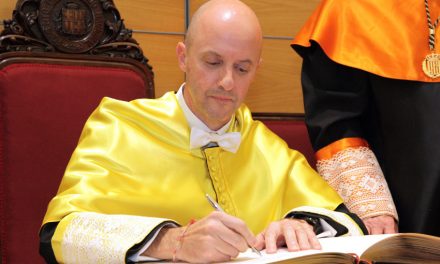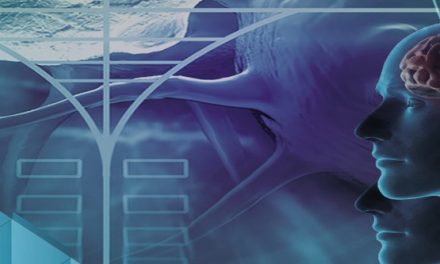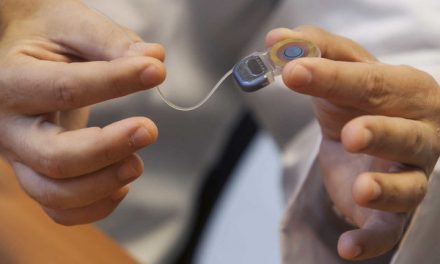 María Asunción Peiré, corresponding academician of the Royal European Academy of Doctors-Barcelona 1914 (RAED), participated in the 4th International Act-European Congress of Interdisciplinary Research of the RAED, which was held last July in various Mediterranean capitals with the presentation of the work “Justificación ética y científica de los ensayos clínicos en pediatría” (Ethical and scientific justification of clinical trials in paediatrics), where she pointed out the responsibility of the pharmaceutical industry, which beyond its obligation to comply with regulations and legal framework should focus its efforts on developing products aimed at a sector of the vulnerable population that economically may not be the most profitable.
María Asunción Peiré, corresponding academician of the Royal European Academy of Doctors-Barcelona 1914 (RAED), participated in the 4th International Act-European Congress of Interdisciplinary Research of the RAED, which was held last July in various Mediterranean capitals with the presentation of the work “Justificación ética y científica de los ensayos clínicos en pediatría” (Ethical and scientific justification of clinical trials in paediatrics), where she pointed out the responsibility of the pharmaceutical industry, which beyond its obligation to comply with regulations and legal framework should focus its efforts on developing products aimed at a sector of the vulnerable population that economically may not be the most profitable.
Doctor in Medicine and Surgery, lawyer and pharmacologist, Peiré did not hesitate to say that, in the 21st century, “children are ‘therapeutic orphans’, so that clinical trials on them is a real moral necessity, based on its peculiar pharmacology, because they are not miniature adults”. Peiré reviewed in her work the main concepts and peculiarities of paediatric pharmacology, briefly reviewed its history, with its milestones and therapeutic failures, and stopped at the challenges and future prospects, which will only come to fruition -she assured- with the involvement of the administrations and a specific and rigorous training of its specialists.
“In the European Union there are currently more than one hundred million children and many parents are unaware that the majority of medicines received by their children have never been the subject of serious paediatric studies that determine scientifically appropriate indications or paediatric doses. To all this we must add that children are large consumers of drugs, which poses a serious ethical and legal conflict as the reality shows that a large number of drugs that are currently used routinely don’t have a licence for paediatric use”, said the academician.
To all this we must add that children are large consumers of drugs, which poses a serious ethical and legal conflict as the reality shows that a large number of drugs that are currently used routinely don’t have a licence for paediatric use”, said the academician.
For Peiré, it’s an ethical imperative not to perpetuate the supervening situation of therapeutic orphanhood of the child any longer. “In the first place, there is a first and scientific ethical justification based on knowledge of the paediatric pharmacological peculiarity; secondly, logically, special protective measures must be kept that have their legal correlation, and finally, this ethical imperative has become a legal obligation that seeks to encourage paediatric research and forces pharmaceutical companies to conduct clinical trials in minors”, said Peiré.




